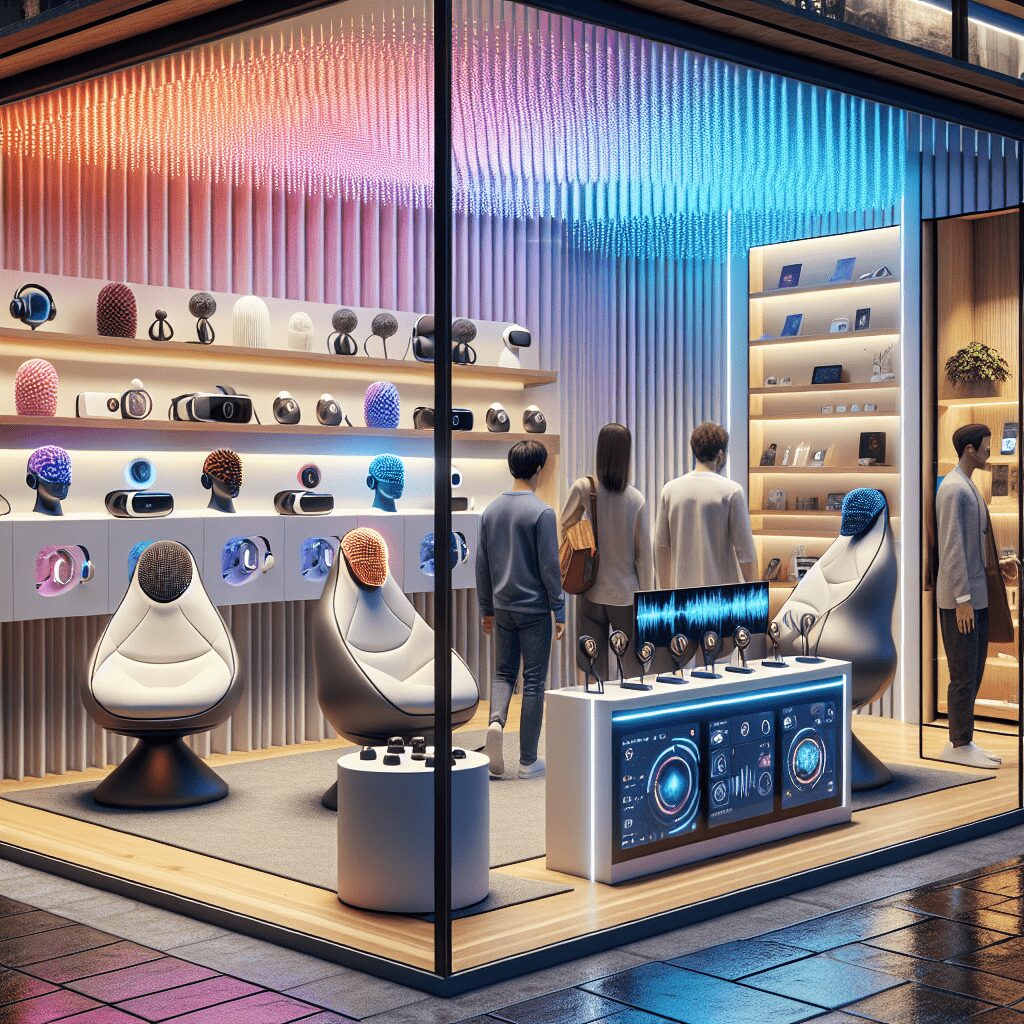
Prioritize your mental well-being daily. Enhance your life by nurturing your mental health with the Smart Meditation app. Break free from stress, alleviate anxiety, and enhance your sleep quality starting today.
Does Drinking Alcohol Make Anxiety Worse?
Navigating the Complex Relationship Between Alcohol and Anxiety
In the intricate dance of mental health and lifestyle choices, alcohol and anxiety often find themselves locked in a tango, both leading and following in a complicated choreography. Delving into the relationship between these two can shed light on whether indulging in a glass of your favorite tipple could be fanning the flames of anxiety rather than soothing your nerves.
The Immediate Afterglow Vs. The Looming Shadow
Ah, the initial euphoria that a sip of alcohol brings! It’s akin to a warm hug, enveloping you in a bubble of carefree bliss. This mood-lifting effect is thanks to alcohol’s ability to increase levels of serotonin and dopamine, those feel-good neurotransmitters we all crave. But, and it’s a big BUT, this is where the plot thickens and the love-hate saga between alcohol and anxiety begins.
The Downside of The Up
As the immediate afterglow of alcohol fades, the more sinister effects take the stage. You see, alcohol giveth and alcohol taketh away. While it momentarily boosts those happy chemicals, it dramatically disrupts the brain’s natural balance, leading to a deficit once the alcohol wears off. This can plummet you into deeper anxiety or even spark feelings of depression in the cold, sober light of day. Here’s how it breaks down:
-
Chemical Imbalance: Alcohol might be the life of the party in your brain initially, but it leaves a mess in its wake. The brain scrambles to regain its chemical composure, often leading to heightened anxiety levels.
-
Sleep Disruption: Think a nightcap aids sleep? Think again. Alcohol may help you nod off, but it significantly reduces sleep quality, leading to fatigue and, you guessed it, more anxiety.
-
Dehydration Dilemma: Ever heard of “hangxiety”? That’s the anxiety that kicks in post-drinking, partly due to dehydration. Alcohol is a diuretic, which means it leads to increased urination and, subsequently, dehydration – a state that can cause physical symptoms similar to anxiety.
Strategies to Untangle This Knot
So, what’s a social sipper to do? Completely cutting out alcohol might not be your cup of tea (or glass of wine), and that’s okay. Moderation and mindfulness are key to maintaining a healthy balance. Here are a few tips to keep in mind:
-
Know Your Limits: Understanding your body’s tolerance to alcohol can help you avoid crossing into anxiety-inducing territory.
-
Hydration Is Your Friend: Alternating alcoholic drinks with glasses of water can keep dehydration at bay and possibly mitigate next-day anxiety.
-
Prioritize Sleep: Consider limiting alcohol consumption on nights when getting good sleep is crucial. Your future, less-anxious self will thank you.
-
Mindful Drinking: Being conscious of why you’re reaching for that drink can also help. Is it to relax, to socialize, or perhaps to quell anxious thoughts? Identifying the motive can lead to healthier coping mechanisms.
In essence, while alcohol can seem like a quick fix for calming nerves, the long-term dance with anxiety it invites isn’t worth the short-lived buzz. Understanding the impact of alcohol on your mental health and adopting strategies to mitigate these effects can help maintain a harmonious balance in your life’s rhythm. Remember, it’s about finding what works for you, personally, in managing anxiety and making informed decisions about alcohol consumption. Cheers to making choices that support both our joy and well-being!





